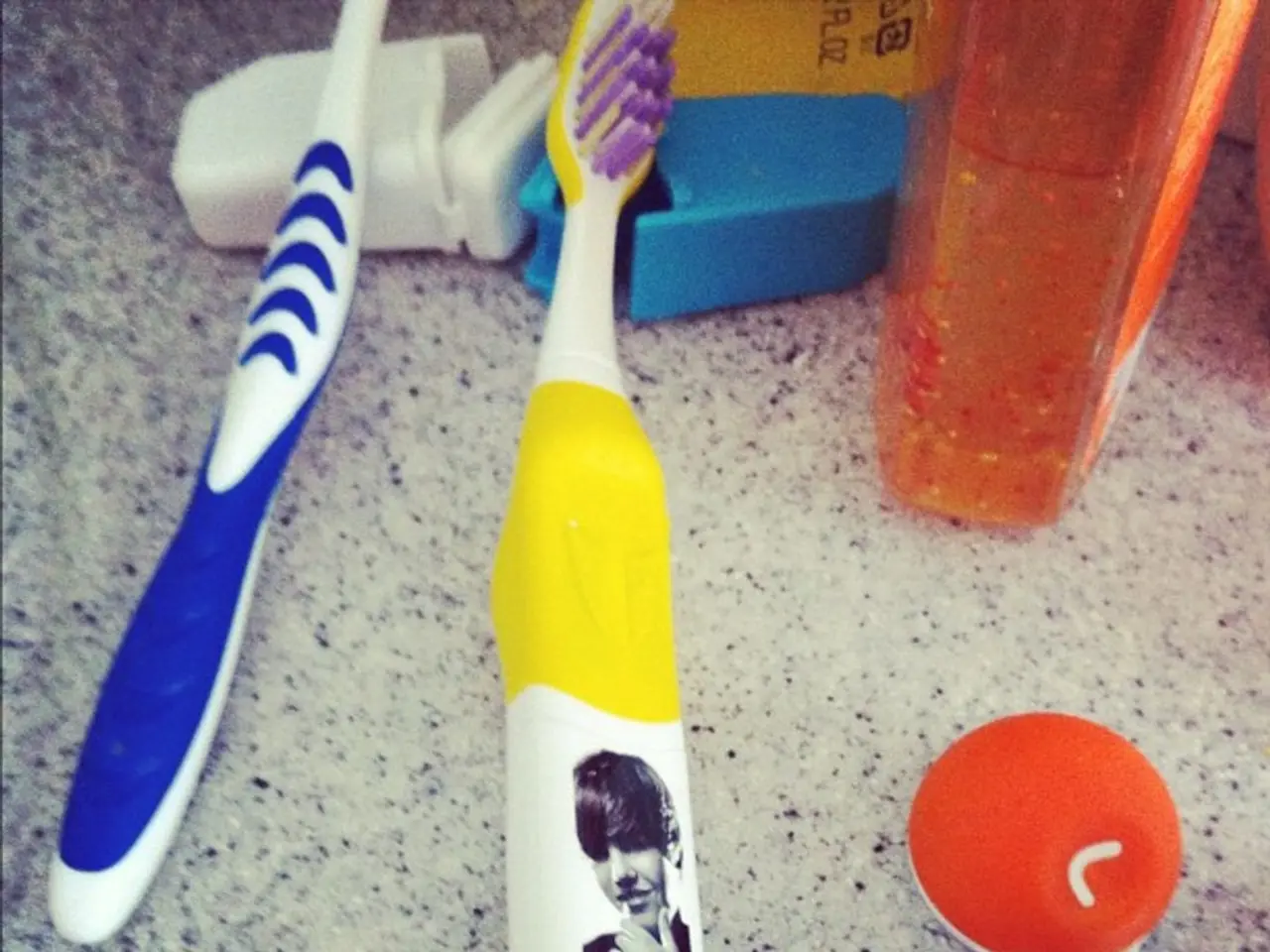Options for cosmetic tests sans animal involvement
The Rising Demand for Ethical Cosmetics and Animal Testing Alternatives
In today's world, consumers are becoming more conscious about animal welfare, especially in industries like food, textiles, and cosmetics. This shift towards ethical practices is predominantly driven by younger generations, such as Generation Z and Millennials, and is fostered by the rapid dissemination of information on social media platforms.
In the food and textile sectors, this change is evident in the preference for plant-based products and eco-friendly labels, like "cage-free", "free-range", and "organic". On the other hand, in the cosmetics industry, the shift is expressed through the growing preference for cruelty-free products. But, simply carrying a cruelty-free label isn't enough; transparency about ingredient sourcing and verification processes, like vegan cosmetic certifications, have become crucial.
Cosmetic brands are responding to this demand by adopting increasingly sophisticated and technology-assisted testing methods. To that end, here are some popular animal testing alternatives in the cosmetics industry:
- In vitro tests: These involve testing on human cells and tissues at the cellular level in a controlled environment. This can be achieved by cultivating human cells or tissues in a controlled environment, replicating human biological responses. The use of in vitro tests like reconstituted human epidermis can help evaluate various cosmetic product test procedures, such as skin corrosion, and measure tissue damage or inflammatory responses.
- In silico tests: This method employs computer modeling to simulate human biology and predict reactions to cosmetics. Computer-based simulations enable rapid screening of cosmetic ingredients, predict potential toxicity, allergenicity, and interactions between cosmetic ingredients and biological tissues.
- Human volunteers: In certain cases, cosmetic tests utilize donated post-operative or post-mortem human tissue. These donations are facilitated by companies like Episkin, CellSystems GmbH, and Mattek, which provide test kits using human tissue.
While a switch towards animal testing alternatives is promising, it's essential to ensure that regulations on data protection and ethical guidelines are followed. As the need for valid alternatives to animal testing in cosmetics continues to grow, consumer awareness and influence will play a significant role in shaping the future.
The cosmetics industry's shift towards science and technology offers exciting developments, including advanced imaging techniques, large databases, algorithms, and 3D printing technology for biological tissues. At the same time, international efforts are necessary to eliminate animal testing in regions outside of Europe. Additionally, a move towards a more ethical cosmetics industry will require alliances throughout the supply chain.
Here at Provital, we are committed to providing our clients with high-quality, sustainable, and ethical plant-derived ingredients. Our dedication has led us to innovate and develop advanced testing methods in a new era of biocosmetics where scientific effectiveness and ethical principles intertwine.
- Younger generations, such as Generation Z and Millennials, are driving the demand for cruelty-free health-and-wellness products, particularly in the cosmetics industry, as they prioritize ethical practices and animal welfare.
- In the field of environmental-science and nutritional studies, computer modeling techniques or in silico tests are employed to predict human reactions to cosmetics and other substances, promoting rapid screening and reducing reliance on animal testing.
- To support the advancement of fitness-and-exercise regimens and promote a healthier lifestyle, scientists are leveraging technology to develop plant-derived skin-care ingredients that are not only safe for the user but also ethically sourced and non-harmful to animals.







